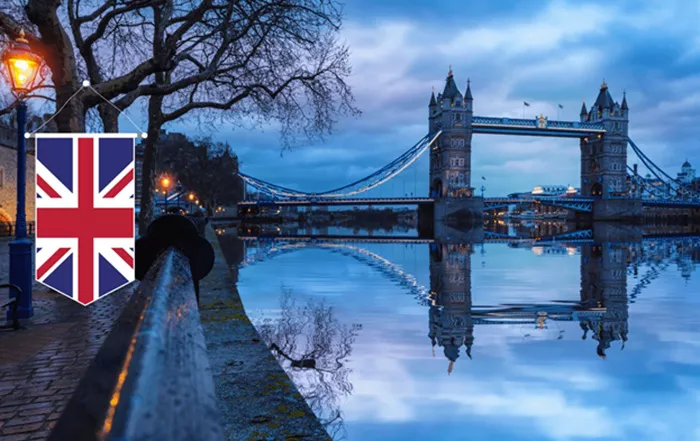The UK government has confirmed that there will be eight more bank holidays across the country between now and the end of 2025. These additional holidays are set to vary by region, with different dates observed across England, Wales, Scotland, and Northern Ireland.
The first of these will be on Monday, May 5, 2025, followed by another UK-wide bank holiday on Monday, May 26, 2025. Christmas Day and Boxing Day will also feature public holidays, falling on Thursday, December 25, and Friday, December 26, 2025. Additionally, specific regions will observe their own regional holidays, including:
-
Monday, July 14, for the Battle of the Boyne, a public holiday exclusive to Northern Ireland.
-
Monday, August 4, 2025, will mark the Summer Bank Holiday in Scotland.
-
Monday, August 25, 2025, will be the Summer Bank Holiday for England, Wales, and Northern Ireland.
-
Finally, Scotland will observe St Andrew’s Day on Monday, December 1, 2025.
For many, these dates offer an extended opportunity for leisure, with additional breaks spread throughout the year. These holidays reflect the diverse range of celebrations and regional observances across the UK. However, the government has stressed the importance of checking for local variations, as different countries within the UK may observe distinct dates.
This announcement comes after a busy Easter weekend, which saw two bank holidays, Good Friday on April 18 and Easter Monday on April 21, marked across the UK. Notably, while Scotland enjoyed Good Friday as a bank holiday, it did not observe Easter Monday as such.
The full list of confirmed bank holidays is as follows:
-
May 5, 2025: UK-wide bank holiday
-
May 26, 2025: UK-wide bank holiday
-
July 14, 2025: Battle of the Boyne (Northern Ireland)
-
August 4, 2025: Summer Bank Holiday (Scotland)
-
August 25, 2025: Summer Bank Holiday (England, Wales, Northern Ireland)
-
December 1, 2025: St Andrew’s Day (Scotland)
-
December 25, 2025: Christmas Day (UK-wide)
-
December 26, 2025: Boxing Day (UK-wide)
For more information on regional observances, it is recommended that residents and businesses check with their local authorities.

